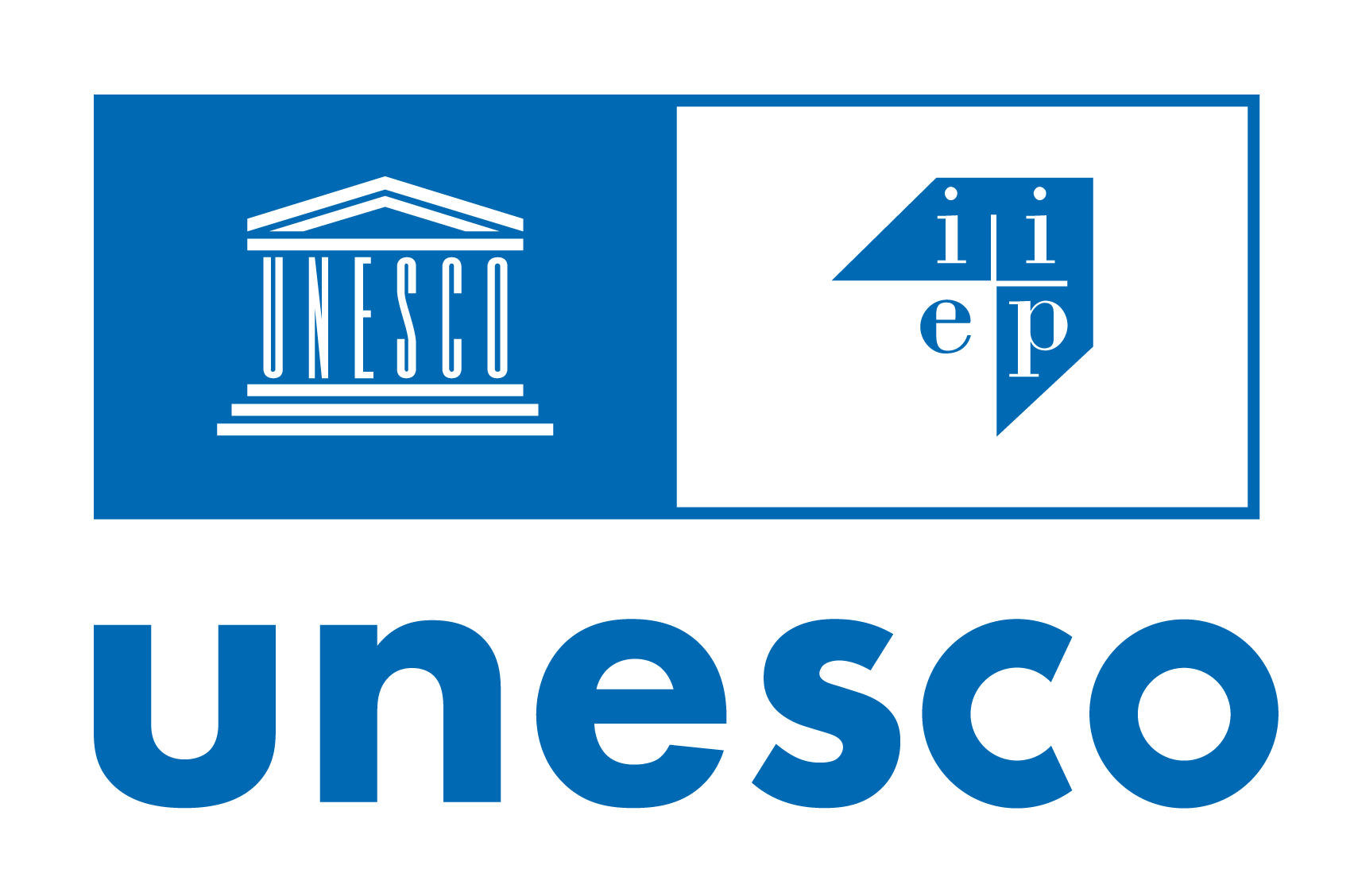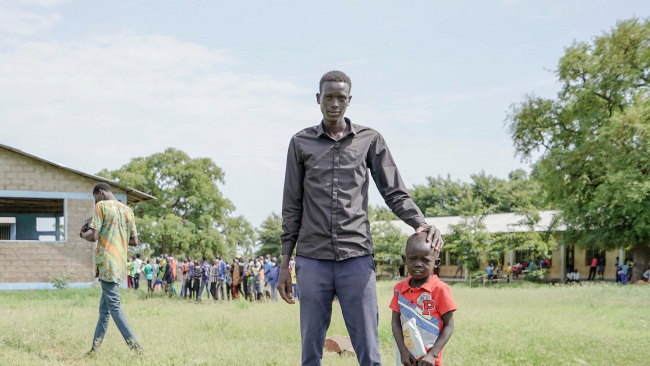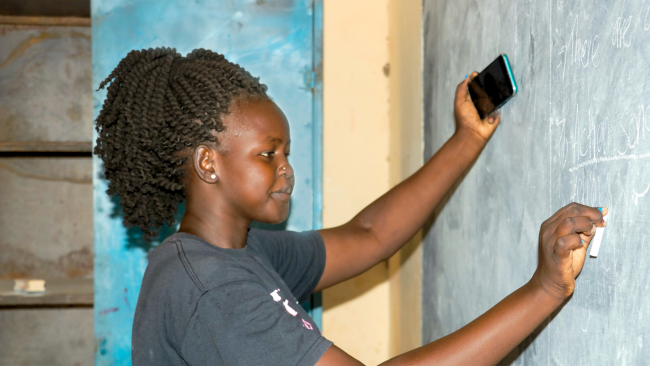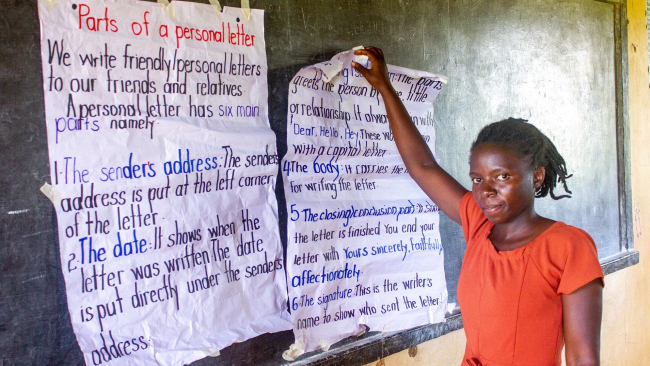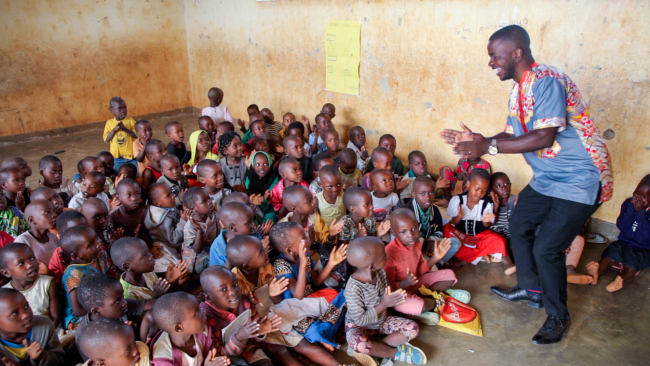This study critically examines child-friendly school theory and practice from a peacebuilding perspective. It begins by exploring the child rights substructure of child-friendly education before going on to examine the key principles and primary features of the child-friendly school – childcentredness, inclusiveness, democratic participation and protection – and what they mean in terms of child-friendly practice in the classroom, school and community. New focuses in child-friendly education are touched upon, in particular, linkages with concepts of quality education, the spread of child-friendly schooling from the primary school to preschool and the secondary school levels, and the realization that change across the education system as a whole needs to be addressed in order to achieve quality child-friendly education.
Année
2014
Pages
122 p.
Type de ressource
Langues
